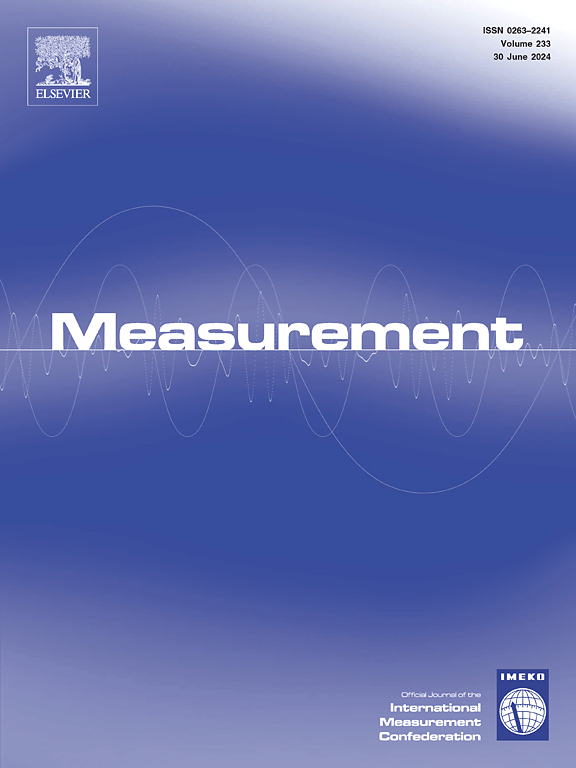Investigation on Machine learning based fault detection and estimation in hydro turbines of industrial hydro power plant
IF 5.2
2区 工程技术
Q1 ENGINEERING, MULTIDISCIPLINARY
引用次数: 0
Abstract
An industrial plant safety depends on identification, detection and estimation of faults. Appropriate fault diagnosis can result in higher productivity in process industries. Real-time fault detection is achieved using data-driven modelling of an industrial hydro power plant. It is still very difficult to simulate complicated and nonlinear systems, like hydro turbines, despite efforts to detect faults. The industrial power plant at Mettur was modelled in order to gather the data set. This article focusses on mathematical modelling of nonlinear hydro-turbines. Also, investigates the application of machine learning algorithms to detect and estimate faults in hydro turbines, which are critical components in industrial hydro power plants. The goal is to improve operational efficiency and prevent costly downtimes by identifying faults early. In order to classify healthy or faulty turbines both qualitatively and quantitatively, machine learning algorithms such as support vector machines and linear regression are used. The experimental results show that the performance measures are in good agreement with the results generated by the Support Vector Machine for the nonlinear models. The R squared value, which falls between 0 and 1, shows a better fit, while the Mean Absolute Percentage Error, which falls between 20 and 50%, indicates fair accuracy.

求助全文
约1分钟内获得全文
求助全文
来源期刊

Measurement
工程技术-工程:综合
CiteScore
10.20
自引率
12.50%
发文量
1589
审稿时长
12.1 months
期刊介绍:
Contributions are invited on novel achievements in all fields of measurement and instrumentation science and technology. Authors are encouraged to submit novel material, whose ultimate goal is an advancement in the state of the art of: measurement and metrology fundamentals, sensors, measurement instruments, measurement and estimation techniques, measurement data processing and fusion algorithms, evaluation procedures and methodologies for plants and industrial processes, performance analysis of systems, processes and algorithms, mathematical models for measurement-oriented purposes, distributed measurement systems in a connected world.
 求助内容:
求助内容: 应助结果提醒方式:
应助结果提醒方式:


